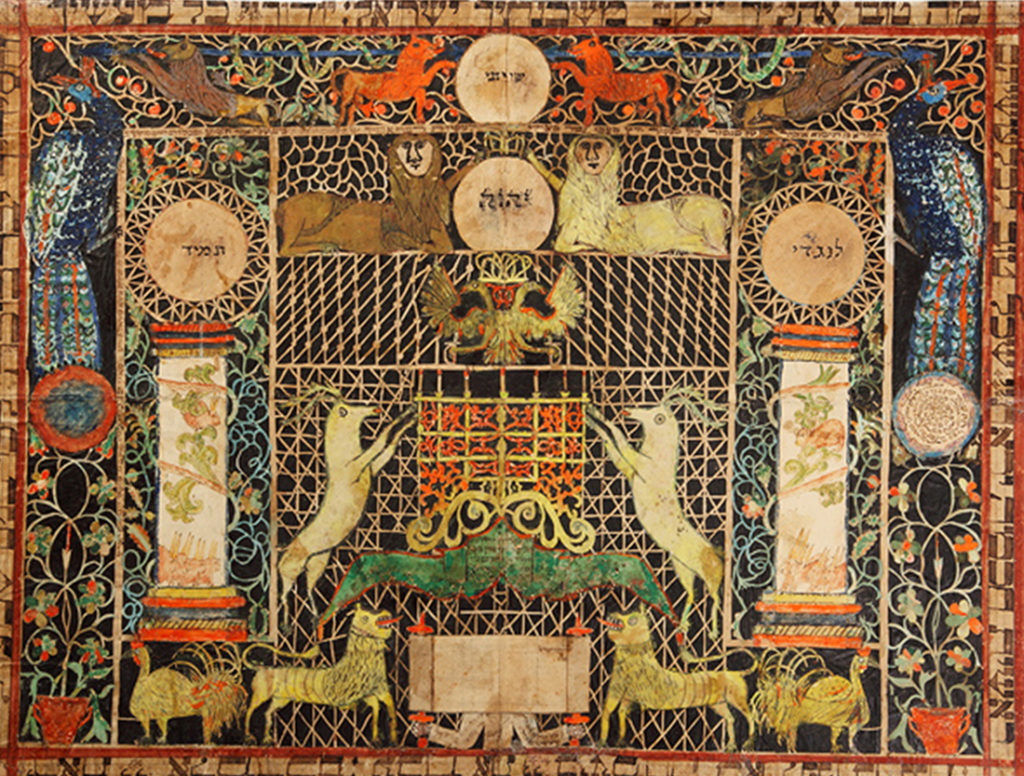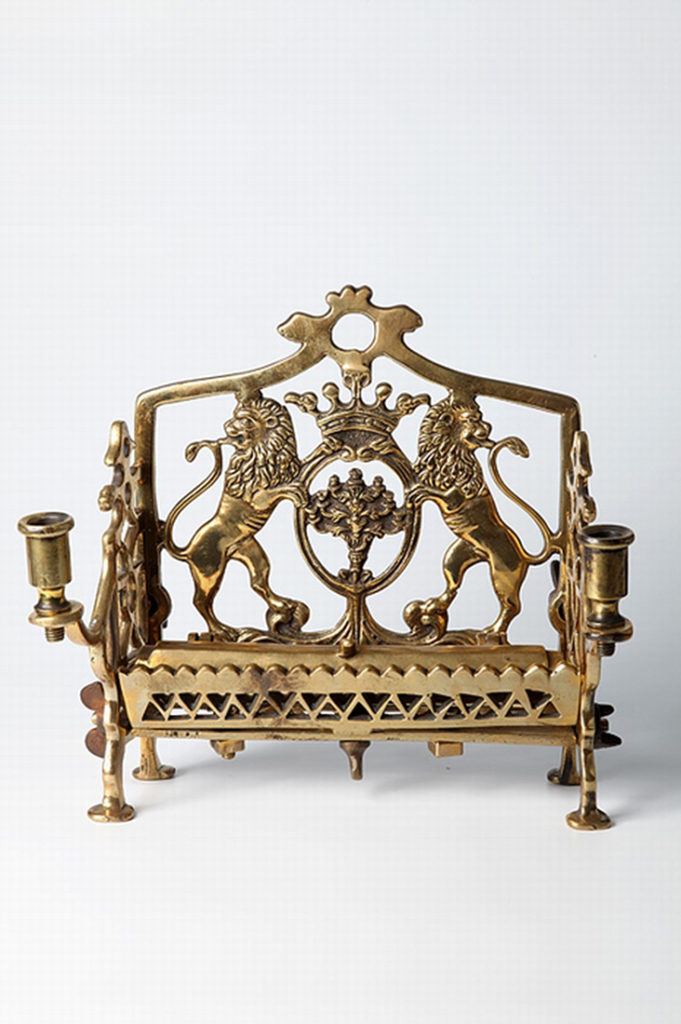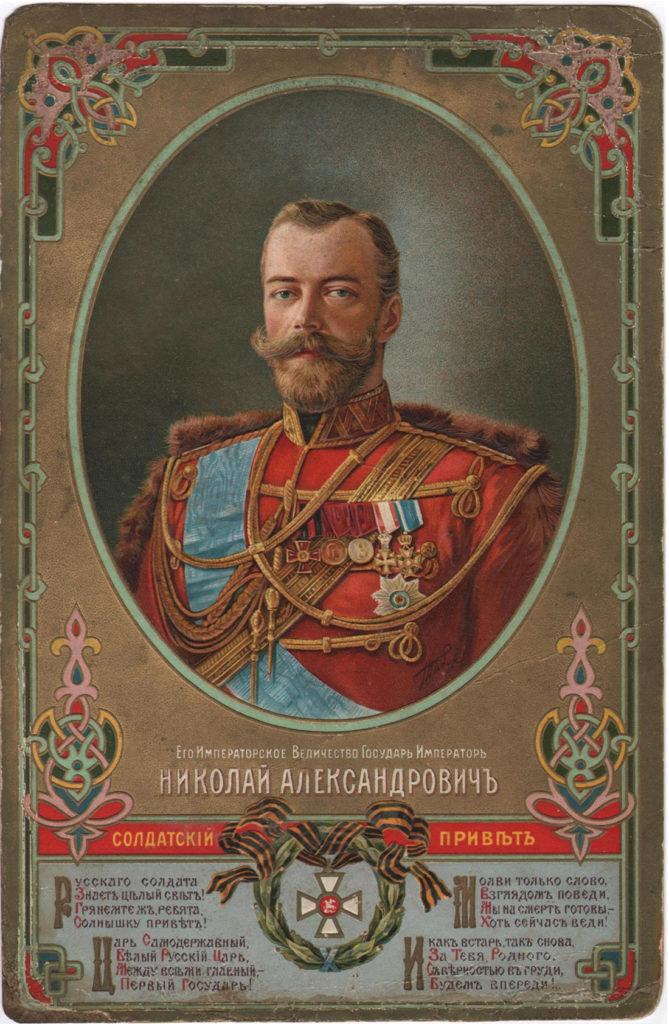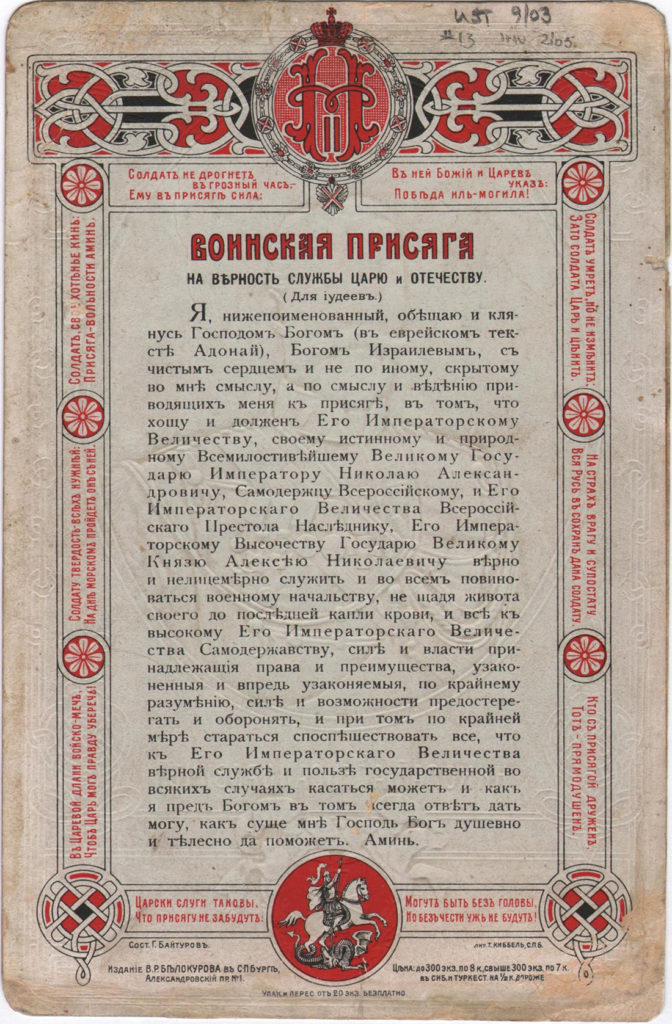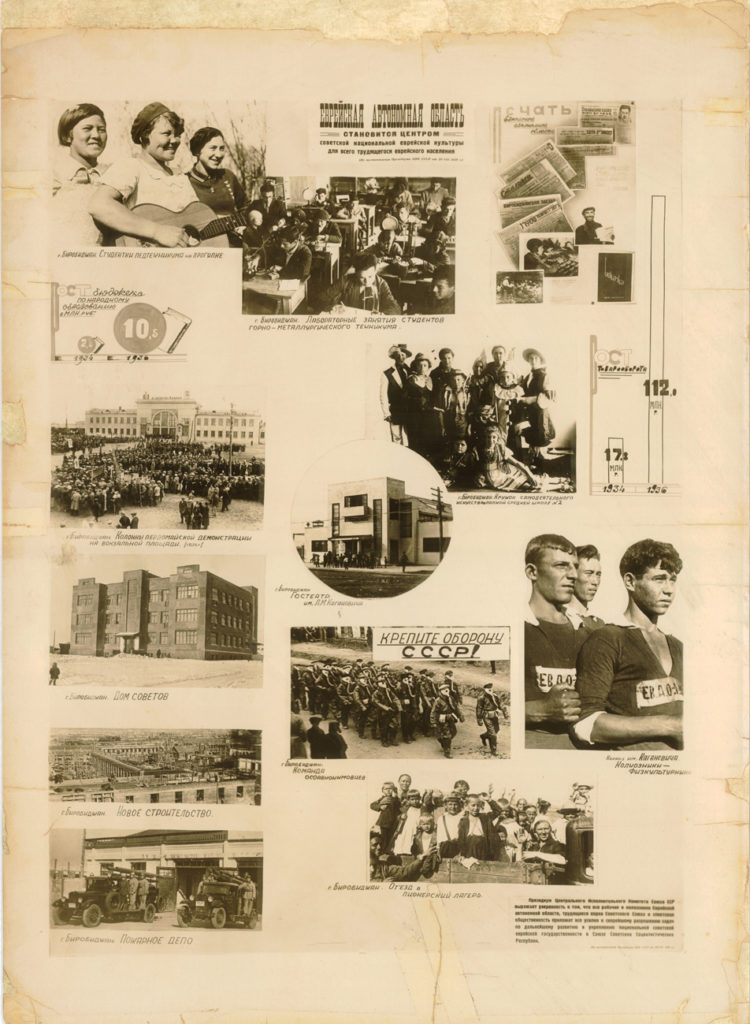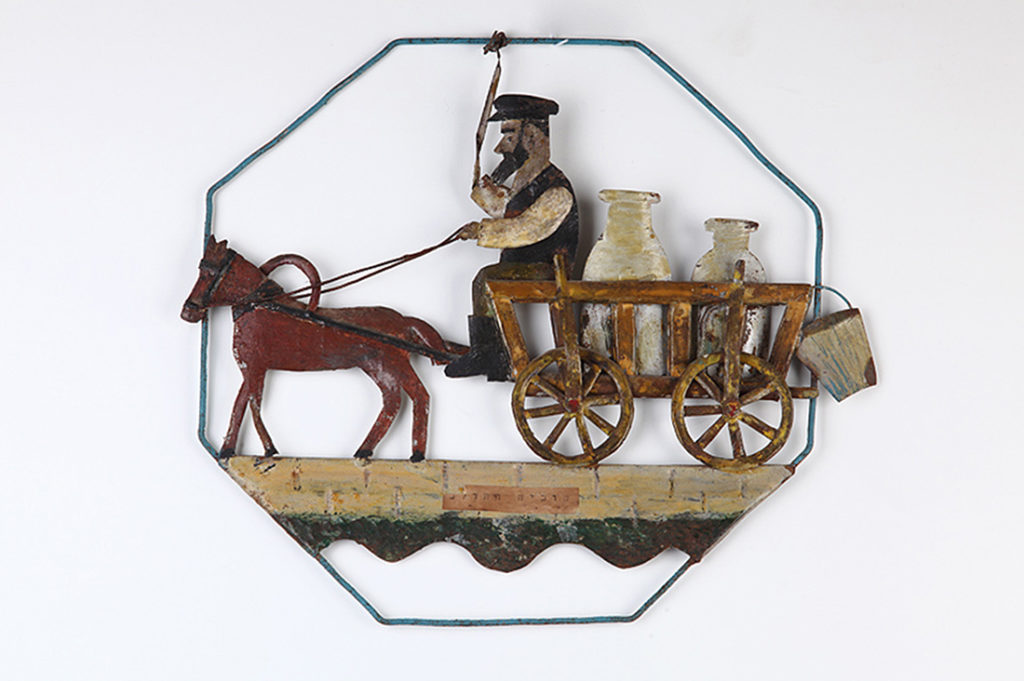The Museum of History of the Jews in Russia
Moscow
Contact information
Operating hours
Monday-Wednesday, Friday: 12:00 – 19:00
Thursday: 12:00 – 21:00
Sunday: 12:00 – 18:00
Closed on Saturdays
Ticket price
Free admission, including group and individual tours
Founder/Owner/Director of the Museum
Sergei L’vovich Ustinov
Founded
2011
The need to create a Jewish museum was recognized in the 1990s. Over the following years, a number of exhibitions were held reflecting various aspects of Jewish history, mainly related to the Moscow Jewish community. In April 2010, there was an exhibition titled “The Pale of Settlement. The Project of the Jewish Museum.” Among the guests was Sergey Ustinov, vice president of the Russian Jewish Congress on Culture, who owned the idea of creating a museum dedicated to the history and culture of Jews in Russia. That exhibition marked the beginning of practical work on the creation of a new museum: the search for and invitation of experts, the formation of a collection, and the construction of an exposition. The museum’s collection contains all Jewish religious and sub-ethnic groups: Eastern European Ashkenazi, Georgian, Mountain and Bukhara Jews, as well as Karaites and Russian sectarians who converted to Judaism – Heras and Sabbatarians. The materials available in the museum reflect the peculiarities of their way of life and culture, as well as the originality of historical development. The museum’s collection also reflects the cultural and religious unity of Russian Jewry and the Jewish diaspora in other countries of Eastern Europe, which existed across local and state borders. A special place in the museum is also given to demonstrations of the ties between Jews of Russia and the USSR with the Holy Land and the state of Israel, which left a deep mark in Jewish culture, art, various forms of national ideology, and social and political life. The museum’s collection contains artifacts and documents that so far have not only been exhibited, but have not even been included in museum collections. These are artifacts relating to the history of Jewish education and Haskala (Jewish Enlightenment), the most characteristic professions for Jews and Jewish agricultural colonies, relations with the government and the political struggle, secular Jewish culture, music and literature in Yiddish and Hebrew, and the participation of Jews in the wars waged by the Russian Empire and the Soviet Union over the past two centuries. Since 2012, the museum has been a member of the Association of European Jewish Museums (AEJM).
